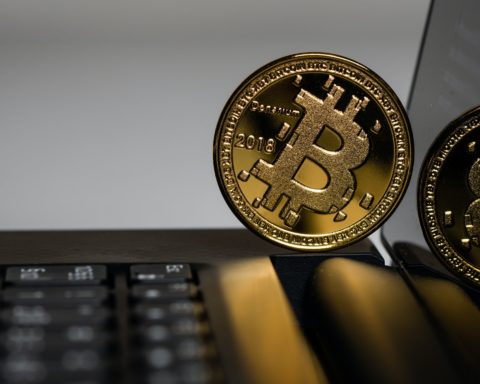Illegal darknet marketplaces house plenty of illicitly acquired information including people’s personal information, email addresses, and credit card details. While Tor browsers can help you gain access to the dark web, they can’t help you check whether your information is being sold on the dark web.
In this article, you will discover whether a dark web scan is worth the money and learn how to find out if your information is being sold on the darknet.
What is a Dark Web Scan?
Dark web scans are services that promise to search for your personal information on the dark web to see if criminals are selling it. The dark web acts as a market place for such information because it’s not easily accessible like most normal browsers. This makes it easy for one to escape authorities. Besides, dark webs help hide your location so that you don’t get caught. This particular feature of the dark web is why darknet marketplaces such as Silk Road grew in popularity as a market place for illicit drugs, guns, and other illegal activities.
Examples of Paid & Free Dark Web Scans:
Although dark web scans promise to find whether your information is up for sale, a common limitation with them is that they don’t scan the entire dark web for your personal data.

There are thousands of .onion sites on the dark web. This means that it’s impossible to search online for each dark web site and then, look for your personal information on all of them.
Even if we were to assume that dark web scans have the ability to scan the entire public dark web, it would still be hard to find your personal information. Why? Because criminals would treat that as exclusive information and exchange it privately. This means you would have a close to zero percent chance of knowing if your information is on the dark web or not.
As a result, dark web scans are not worth paying for and using to see whether you can find your personal data on the dark web. You may try free dark web scans but the results will likely also not suffice to ensure your data is not for sale.
Search for Account Breaches
Now more than ever, data breaches are very common. What that means is that you are better of assuming that your personal information is already available online and can easily be accessed by criminals. Several companies in the past have shared sensitive information on people including social security numbers. This contributes to the data that black hat hackers steal and share online if their demands aren’t met.
As mentioned, dark web scans don’t have the capacity to scan the entire dark web. However, there are other alternatives that you can consider. One such way of doing that is by using the ‘Have I Been Pwned’ website.
However, it’s important to note that such services don’t scan to see whether your credit card or social security number is up for sale on the dark web. In fact, unlike dark web scans, they don’t promise that. Instead, they inform you whether your email address or password can be found in the over 322 data dumps available from different websites.
Searching the Dark Web
There’s really no way of knowing whether your information if up for sale on dark web sites. At least, not with all the sites that can’t be entirely searched or scanned. And although sites like ‘Have I Been Pwned’ can tell you of all the data breaches that your email address is linked to, it doesn’t necessarily mean that your personal data has been compromised.
That said, you shouldn’t pay any dark web scan company to search the dark web for you as the results will be futile. Instead, you could choose to freeze your credit, use a password manager for your passwords, log off any system after use, and carry out your transactions only if you have a secure connection. Basic cybersecurity principles will go a long way in protecting your personal data online.






